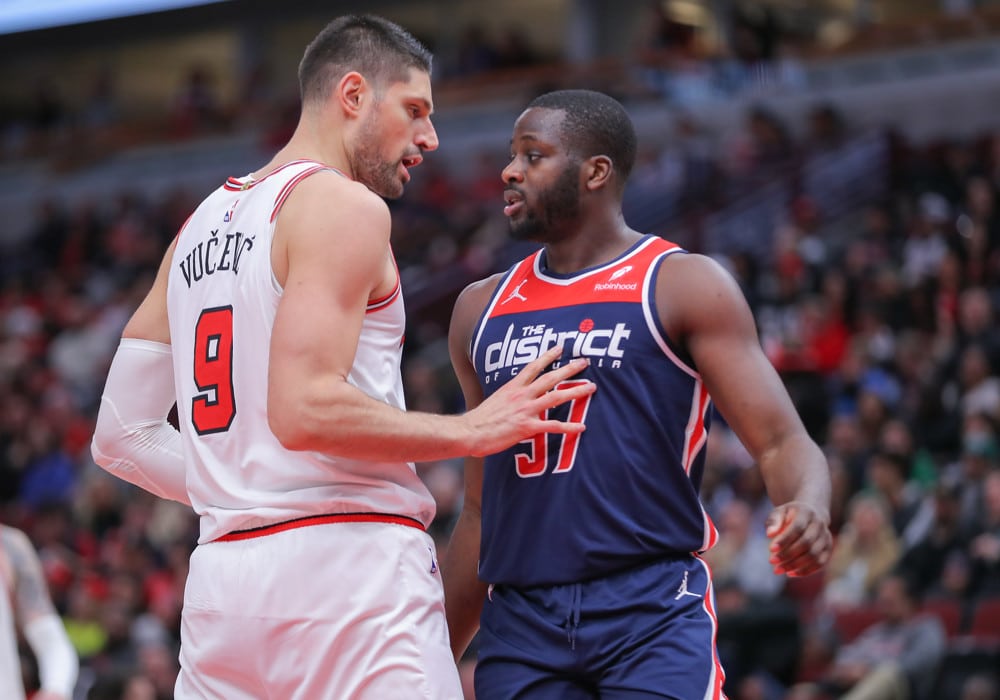Tech
Dungeons & Dragons celebrates 50th year milestone

Dungeons & Dragons, the legendary tabletop role-playing game, has evolved significantly since its debut 50 years ago. Initially emblematic of nerd culture, it has since penetrated mainstream consciousness, largely thanks to the success of Netflix’s “Stranger Things” and the popular videogame “Baldur’s Gate 3.”
D&D publisher Wizards of the Coast has seen its annual revenue surge from $761 million in 2019 to $1.17 billion as of October 2024. The company estimates that 85 million people have played the game since its introduction in 1974 — a figure equivalent to the population of Germany.
“If you would have told me that number when I was younger, I would have laughed,” says Jess Lanzillo, who heads the game’s design and development at Wizards of the Coast. “My mind would have been blown.”
The financial success extends beyond the publisher itself. Brooklyn game shop The Last Place on Earth earned nearly $110,000 in 2024 from hosting D&D nights.
The rise in in-person events revitalized the fortunes of the shop, which had struggled particularly due to pandemic lockdowns.
D&D’s cultural evolution and impact
Around 50% of the shop’s revenue now comes from D&D.
“Dungeons and Dragons has really saved the business,” says owner Whitney Wolfe. Additionally, D&D’s popularity has been bolstered by a booming industry of streaming shows and podcasts, where people play D&D campaigns live. One of the most notable shows, “Critical Role,” has generated millions in tips and ad revenue and raised over $11 million on Kickstarter to fund an animated TV pilot.
That pilot, “The Legend of Vox Machina,” has been so successful that it is now approaching its fourth season on Amazon Prime. Another popular show, “Dimension 20,” even sold out Madison Square Garden, with fans willing to pay an average of $119 to watch comedians play the game onstage. According to Auburn University professor Dr.
Emily Friedman, what truly sustains D&D is “the intellectual property that’s generated outside of the Wizards of the Coast and Hasbro ecosystem.”
The game that began as a niche hobby has grown into a cultural phenomenon, sustaining not only its creators but numerous businesses and content creators as well.










